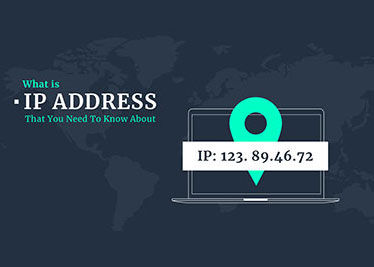Understanding URLs: Your Guide to Navigating the Web
In the vast digital landscape of the internet, have you ever wondered how your web browser knows where to take you when you type in a web address? The answer lies in the magic of URLs - Uniform Resource Locators. A URL acts like a digital street address, providing a unique identifier for every piece of content residing online. Whether it's a website, an image, a video, or a document, everything accessible on the internet has its own unique URL.
What Exactly is a URL?
A URL is essentially a web address that pinpoints the location of a specific resource on the internet. Think of it as a set of directions that your browser follows to fetch and display the content you requested. The structure of a URL can be broken down into several components:
Parts of a URL:
- Protocol: This indicates the communication protocol used to access the resource, typically HTTP (Hypertext Transfer Protocol) or HTTPS (for secure connections).
- Domain Name: This is the human-readable address of the website, like "example.com".
- Path: This specifies the location of a specific page or resource within a website, for instance, "/blog/article-title".
- Query Parameters (Optional): These are added to the end of a URL to send additional data to the server, like search terms or filter options.
- Fragment Identifier (Optional): This part, preceded by a "#", points to a specific section within a webpage.
Why are URLs Important?
URLs are the backbone of web navigation, playing a crucial role in how we access and share information online. Here's why they matter:
- Resource Access: URLs are the key to accessing any online resource, making them essential for browsing the web.
- Sharing and Linking: URLs provide an easy way to share specific web pages and content with others.
- SEO and Discoverability: Well-structured URLs with relevant keywords can improve a website's search engine ranking, making it easier for people to find it.
Tips for Creating User-Friendly URLs
- Keep them concise and easy to read.
- Use relevant keywords that reflect the content of the page.
- Use hyphens (-) to separate words for improved readability.
- Avoid using underscores (_) or special characters.
URLs are the unsung heroes of the internet, working tirelessly behind the scenes to connect us to the vast world of online information. By understanding how they work, we can navigate the web more effectively and unlock the full potential of the digital age.
















